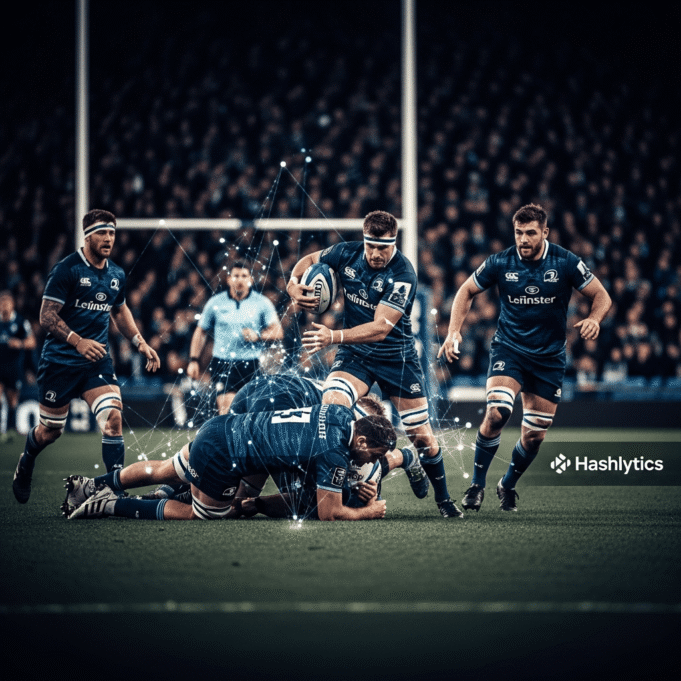This isn’t just about counting ticket sales; it’s about understanding the intricate tapestry of fan behavior and preferences, turning raw data into personalized experiences that keep supporters roaring for more.
Leinster Rugby’s initiative, powered by tech consultancy BearingPoint, represents a strategic pivot towards a more holistic understanding of its fanbase. The goal? To connect disparate “fan touchpoints,” from the initial ticket purchase to the roar of the crowd at a match, creating a seamless and personalized journey for every supporter.
Shane Nolan, CEO of Leinster Rugby, readily admits the organization was “light and lacking in terms of real data and understanding of our fans.” This new data strategy, he says, is a “complete reboot” designed to revolutionize their commercial approach.
The ambition extends beyond simply knowing how many people attend matches. Leinster Rugby wants to understand why fans attend, what they value, and how the club can better cater to their individual needs.
Imagine receiving personalized offers based on your past attendance, preferred seating, or even your favorite players. This is the level of engagement Leinster Rugby envisions, transforming passive spectators into active, valued members of the community.
Building a 360-Degree View
BearingPoint’s role in this transformation has been to map Leinster Rugby’s existing data landscape, identifying the gaps between current capabilities and future aspirations. According to Ellie Fitzpatrick, director of data and AI at BearingPoint, the focus has been on “enabling Leinster to manage and use data to meet their strategic objectives, but also to lay the foundations and the groundwork for scalable innovation.”
This includes streamlining system architecture, enhancing data management protocols, and prioritizing data delivery – all crucial components for unlocking the true potential of data analytics.
Helen Geoghegan, strategic growth manager at Leinster Rugby, emphasizes the importance of this initiative in ensuring the club is “connecting with our fans” and “delivering on performance optimization.” It’s about leveraging technology to enhance not just the on-field product, but the entire ecosystem surrounding it.
“We now have the vision set, we’ve identified and are realizing our strategic objectives, and we’ve set the stage for future advancement in new capabilities and technologies.”
The implications extend beyond Leinster Rugby. As technology becomes increasingly intertwined with sports, other organizations will undoubtedly look to emulate this data-driven approach, potentially leading to a new era of personalized fan experiences and deeper connections between teams and their supporters.

